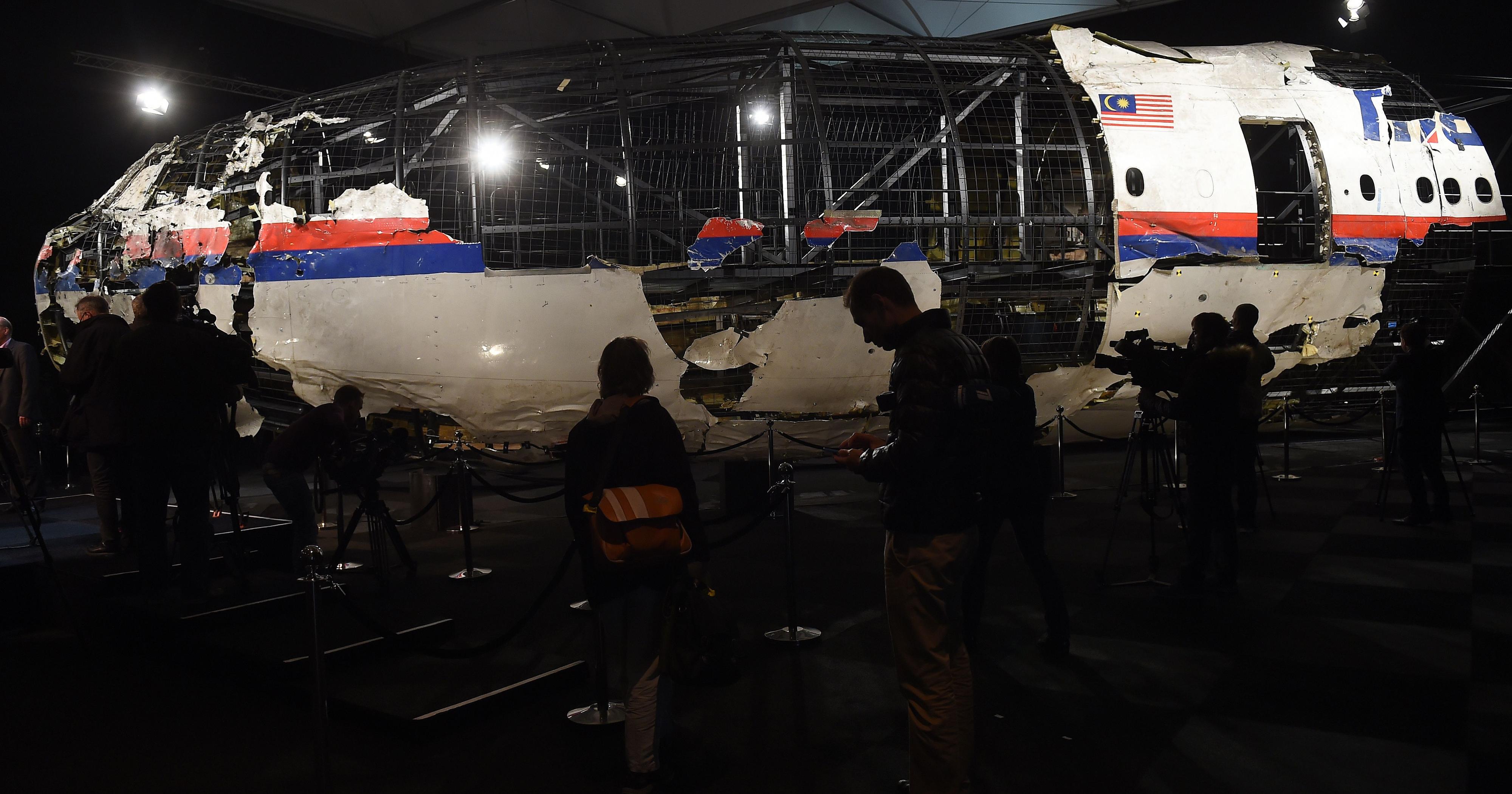Five years ago, on July 17, 2014, Malaysia Airlines Flight 17, which was travelling from Amsterdam to Kuala Lumpur, was shot down over Eastern Ukraine.
There were no survivors, and a total of 283 passengers and 15 crew were killed.
What happened?
MH17 left Amsterdam's Schiphol Airport on July 17 2014, and was due to arrive at Kuala Lumpur the next day. Three hours after take-off, contact was lost with MH17 as it passed over a region of Eastern Ukraine, about 50km from the Russia-Ukraine border.
An armed conflict had been brewing for months between pro-Russian separatists and Ukrainian military forces in the area. Several government military aircraft had already been shot down in the weeks preceding the incident.
The plane was shot down, and crashed in the separatist-controlled Donetsk.
The shooting of MH17 sparked international outrage, and then-US President Barack Obama immediately blamed Russian-made Buk missiles for the attack, stressing that the missile was fired from separatist-controlled territory.
Moscow, however, disputed these claims. They denied that any of its anti-aircraft missiles had ever crossed the Ukrainian border, and suggested that the plane was shot done by Ukrainian military forces instead.
An investigation was launched by the Dutch Safety Board (DSB), as 196 of the 283 passengers were Dutch citizens. After a 15-month investigation, they produced evidence that the plane crashed after being hit by a Russian-made Buk missile.
According to The Telegraph, the Dutch investigators also produced evidence that the missile involved was brought in from Russian territory, and was fired by Russian-backed separatists.
A Joint Investigation Team (JIT) soon took over the investigations, and comprised of investigators from five nations (Australia, Belgium, Malaysia, the Netherlands and Ukraine).
After an extensive investigation, the JIT concluded that the Buk missile that shot down the plane came from the Russian Anti-Aircraft Missile Brigade in Kursk, a city in Russia.
However, the Russian Ministry of Defense stated that no Buk Missile has crossed the Russia-Ukrainian border.
The suspects are unlikely to face trial
On Jun. 19 2019, the JIT named four suspects, which it alleged were involved in bringing the missile into Eastern Ukraine. International arrest warrants were issued for these suspects.
The suspects are Igor Girkin, Sergei Dubinsky and Oleg Pulatov from Russia, as well as Ukrainian Leonid Kharchenko. These men are all linked to pro-Russian separatists in Eastern Ukraine.
The most prominent suspect is Girkin, who was a former Russian Colonel and acted as defence minister for the self-proclaimed Donetsk People's Republic.
According to BBC, investigators believe he is the highest ranked military officer in the area who is in direct contact with Russia.
According to CNN, he claimed that the separatists were not responsible for the downing of MH17, and that the member states of the JIT did not contact him regarding the case.
Despite facing murder charges, it is unlikely that they will be present at the trial, as both the Russian and Ukrainian constitutions prohibit extraditing nationals.
Nevertheless, the Netherlands intends to charge them in absentia, and the trial will take place on Mar. 9, 2020 at the Schiphol Judicial Complex in the Netherlands.
International reactions
According to Reuters, Ukrainian President Volodymyr Zelensky welcomed the murder charges, stating that he hopes "those who are guilty of this brazen murder of innocent children, woman and men, will be put in the dock."
On the other hand, Russia Pressident Vladimir Putin has rejected the conclusions of the investigations, stating that there was no proof that Russia was responsible for the shooting.
Malaysia Prime Minister Mahathir Mohamad has also stated his views that Russia is being made a scapegoat for the downing of MH17, noting that the investigative team's findings were based on "hearsay".
Mahathir's comments were controversial, and was promptly slammed by Dutch Prime Minister Mark Rutte for creating "confusion".
Top image from Emmanuel Dunand/AFP/Getty Images
If you like what you read, follow us on Facebook, Instagram, Twitter and Telegram to get the latest updates.
